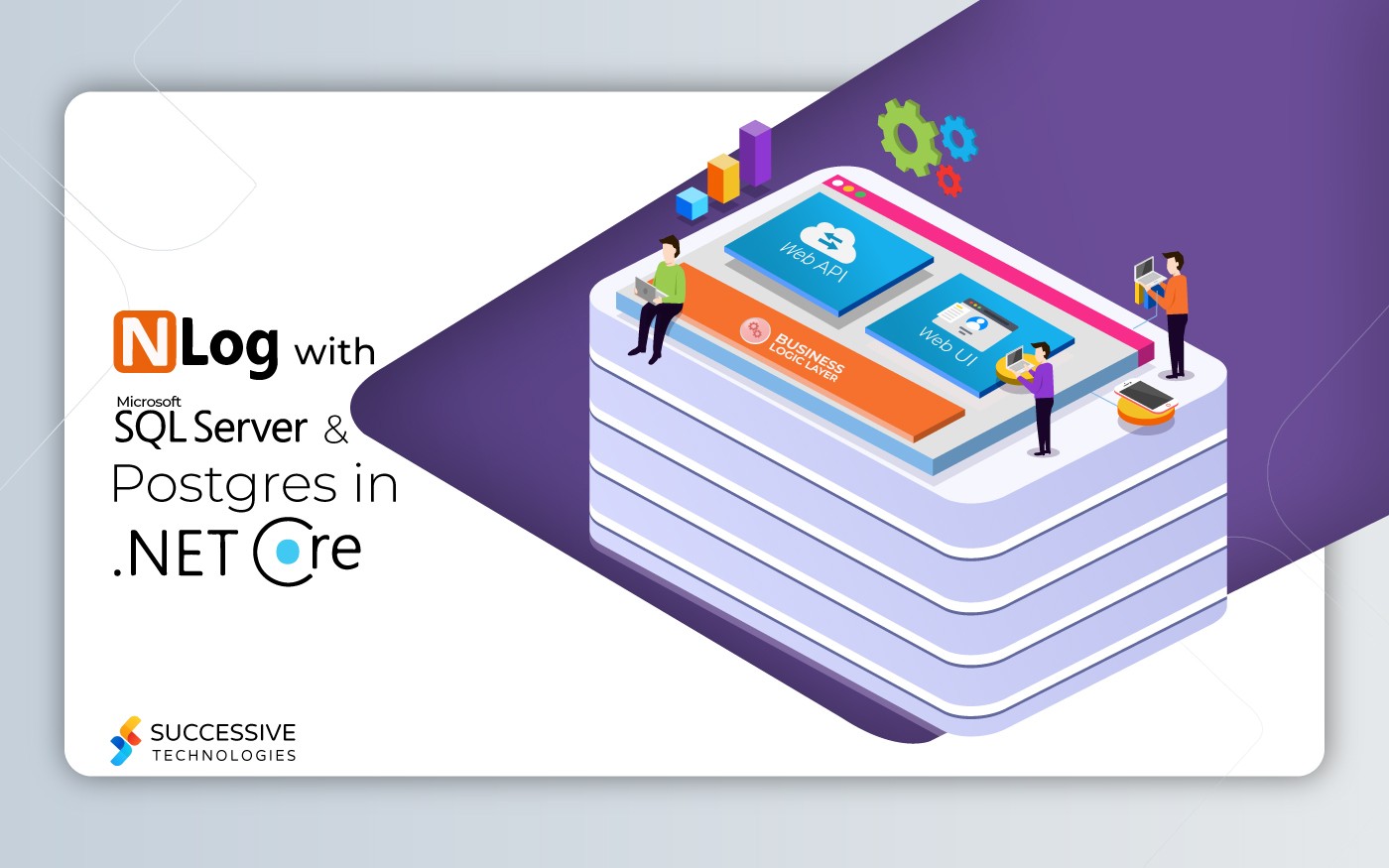- Healthcare and medical interactive apps play a vital role in improving the quality of healthcare services. They provide convenience, quality, and personalization at scale with quick access to medical information and health advice.
- Embracing digital transformation, healthcare also puts forward a patient-centered strategy. Implementation of various digital solutions in the healthcare field helps save a lot of valuable time and enables improved outcomes.
- Electronic health records have replaced traditional paper-based systems, enabling seamless sharing of patient information among different healthcare providers. This streamlines the diagnosis and treatment process and reduces the risk of errors.
- Telemedicine has become integral to digital health, allowing patients to receive medical consultations remotely. Video calls, online chat, and virtual appointments enable patients to connect with healthcare professionals without traveling.
Personalized Healthcare Through Data
The remarkable capacity of digital transformation in healthcare is the assimilation, assessment, and use of patient information to give individualized care. Wearable instruments such as fitness trackers and smartwatches monitor body indications, physical activity, and slumber sequences. This dynamic data allows individuals to accept a proactive role in supervising their wellness and well-being.
Furthermore, AI and ML algorithms decipher large volumes of medical data to detect shapes and tendencies, which can provide medical practitioners with precise diagnoses and therapeutic conclusions. This distinctive method ascertains that treatments are customized to meet each patient’s specific needs, improving results, and restricting ill effects.
Online health forums founded on super programs and social media networks permit patients to bond with those afflicted with corresponding health issues. This associate support develops a sense of togetherness, lessens feelings of loneliness, and offers patients helpful understanding and coping methods.
Patient-Centric Care – The Future of Healthcare
The ongoing digitization in the realm of patient-centric healthcare is still in its beginning stages. As technological advances persist, the impact on patient care will likely increase substantially. Technologies such as telemedicine, AI-enhanced diagnostics, and robotic surgeries, all currently under development, promise a revolution regarding the quality, accessibility, and efficiency of healthcare services.
AI-driven chatbots and virtual assistants, becoming commonplace in medical establishments, assist healthcare personnel in significantly enhancing the user experience. This affords patients accelerated resolutions for common problems and prevents the necessity for long-distance telephone calls or physical visits.

Personalized Risk Assessment
Preventive technology introduces a personalized method to care for patients by evaluating personal risk elements and designing interventions in accordance. AI-driven algorithms can now precisely assess a patient’s medical background, genetic makeup, lifestyle decisions, and environmental factors to form an all-encompassing risk profile. With this information, healthcare providers can advise apt lifestyle adjustments, evaluations, or interventions to reduce patients’ risk of specific medical issues.
Remote Monitoring and Telehealth
The rise of telehealth and remote monitoring solutions is another cornerstone of preventive technology. These tools allow patients to receive regular check-ups and consultations from the comfort of their homes, eliminating the barriers of distance and time. Through virtual appointments and remote monitoring devices, healthcare professionals can closely monitor patients’ health metrics and intervene if any abnormalities are detected.
Empowering Patient Engagement
Preventive technology encourages patients to take a proactive stance in handling their health. Mobile applications and patient entryways allow individuals to access their medical history, enabling them to observe progress, identify changes, and formulate health ambitions. This degree of engagement initiates a sense of accountability and grants patients the autonomy to make wise decisions about their well-being and healthcare needs.
In addition, preventive technology upgrades patient education through intuitive visualizations and personalized health advice. Clients can deepen their grasp of their health risks and the steps they can take to assuage them, bringing forth better insistence on preventive precautions.
Challenges to Digital in Healthcare
The potential of digital transformation in healthcare is evident; however, it is heightened by certain complexities that must be cautiously handled. Data security and patient confidentiality are essential due to the personal nature of medical information. Meeting the prerequisites of regulations such as HIPAA is critical in upholding patient loyalty.
Innovation in digital healthcare should extend to all users, no matter their social or economic background or geographical location, as bridging the digital gap is vital.
Four Technology Trends Shaping the Healthcare Industry
Instant accessibility to medical consultations, drug refills, and diagnostic exams is now achievable with on-demand healthcare, emphasizing user convenience and reducing wait time.
Artificial Intelligence is attaining influence and remodeling the diagnostics field with its potential to read through vast amounts of patient information, assisting with early-stage disease spotting and customized treatments.
Apps and websites devoted to curative objectives, like mental health problems and chronic pain, are gradually becoming more popular as alternatives to customary procedures.
Blockchain is extending the transparency and traceability of medications’ supply chains, checking fraudulent acts, preventing counterfeiting, and verifying their genuineness.












